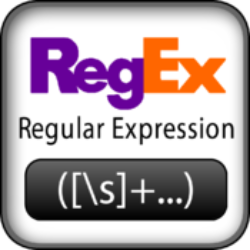Regular expressions (regexes) are foundational to modern computing for critical tasks like input validation and data parsing, yet their ubiquity exposes systems to regular expression denial of service (ReDoS), a vulnerability requiring automated repair methods. Current approaches, however, are hampered by a trade-off. Symbolic, rule-based system are precise but fails to repair unseen or complex vulnerability patterns. Conversely, large language models (LLMs) possess the necessary generalizability but are unreliable for tasks demanding strict syntactic and semantic correctness. We resolve this impasse by introducing a hybrid framework, localized regex repair (LRR), designed to harness LLM generalization while enforcing reliability. Our core insight is to decouple problem identification from the repair process. First, a deterministic, symbolic module localizes the precise vulnerable subpattern, creating a constrained and tractable problem space. Then, the LLM invoked to generate a semantically equivalent fix for this isolated segment. This combined architecture successfully resolves complex repair cases intractable for rule-based repair while avoiding the semantic errors of LLM-only approaches. Our work provides a validated methodology for solving such problems in automated repair, improving the repair rate by 15.4%p over the state-of-the-art. Our code is available at https://github.com/cdltlehf/LRR.
翻译:暂无翻译




